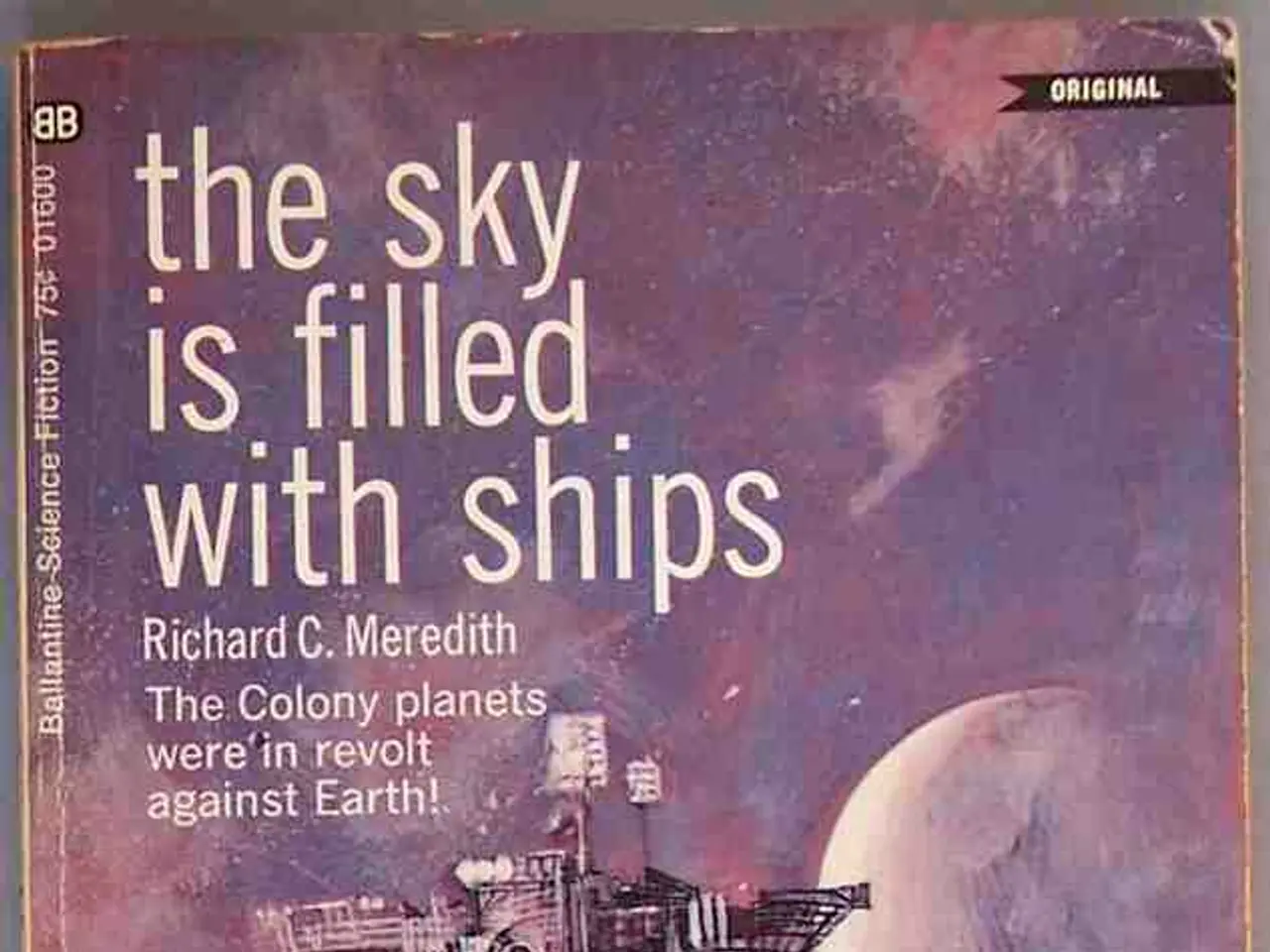AI ethics, morality discussions led by Sam Altman, focusing on the religious aspect in ChatGPT
In a recent interview, Sam Altman, CEO of OpenAI and co-founder of the organisation, discussed the moral and ethical implications of artificial intelligence (AI). Altman, who has been at the forefront of AI development since the establishment of OpenAI in 2015 alongside Elon Musk, Greg Brockman, and Ilya Sutskever, expressed a commitment to developing AI safely and making its benefits accessible to all humanity.
During the conversation, Altman admitted to the tragic death of an OpenAI whistleblower. He also addressed concerns about the style of AI, stating that it is currently ours, but warned against giving it more than that. According to Altman, ChatGPT, the AI platform led by him, is the statistical mean of our human knowledge pool, raising questions about whether it represents truth and justice when averaging out humanity's ethical behavior.
Altman came across as thoughtful, conflicted, and arguably burdened during discussions on AI's morality, religiosity, and ethics. His views were compared to Prometheus, suggesting confusion and burden in the face of creating a technology with such profound implications.
The interview touched upon several topics, including privacy, biometrics, and AI's potential impact on reality. However, specific details about these topics were not provided. Altman did mention the need for transparency in the 'model spec' and stated that people should be informed about it. However, he warned against confusing documentation for philosophy.
Tucker Carlson described ChatGPT's output as having 'the spark of life' and suggested it was akin to a religion. Sam Altman disagreed, stating there was nothing divine or spiritual about it. He did acknowledge that ChatGPT reflects a moral structure, but clarified that this isn't morality in the biblical sense, but rather a reflection of the collective of humanity.
Altman also addressed concerns about AI guiding people towards conclusions they may not realize they are reaching. He discussed the 'model spec' - a living document outlining intended behaviours and moral defaults. He suggested the need for cryptographic signatures and crisis code words for verification in the face of AI deepfakes.
The conversation raised the question of whether we're already treating AI like a god, and what kind of faith we're building around it. Altman expressed concern about the risks of AI, particularly its potential to design biological weapons. He admitted that boundaries need to be drawn for ChatGPT's behaviour, but did not specify who decides these boundaries.
In a personal note, Altman was asked directly about his beliefs in God, to which he responded that he is somewhat confused about the subject but believes there is something bigger than what can be explained by physics.
Altman gave the example of users adopting the model's voice as the first sign of culture being rewritten due to new tech adoption. He resists mandatory biometric verification to use AI tools, stating that anyone should be able to use ChatGPT from any computer.
In an AI-mediated world, proving authenticity might cost privacy, according to Altman. As we continue to navigate this rapidly evolving landscape, it becomes increasingly important to strike a balance between progress and caution, ensuring that AI serves as a tool for human advancement rather than a source of unintended consequences.
Read also:
- Exploring Harry Potter's Lineage: Decoding the Enigma of His Half-Blood Ancestry
- Elon Musk Acquires 26,400 Megawatt Gas Turbines for Powering His AI Project, Overlooks Necessary Permits for Operation!
- Munich Focuses on Digital Transformation Amid East-West Competition
- US President Trump and UK Labour leader Starmer agree to strengthen trade and technology partnerships between the United States and the United Kingdom.








